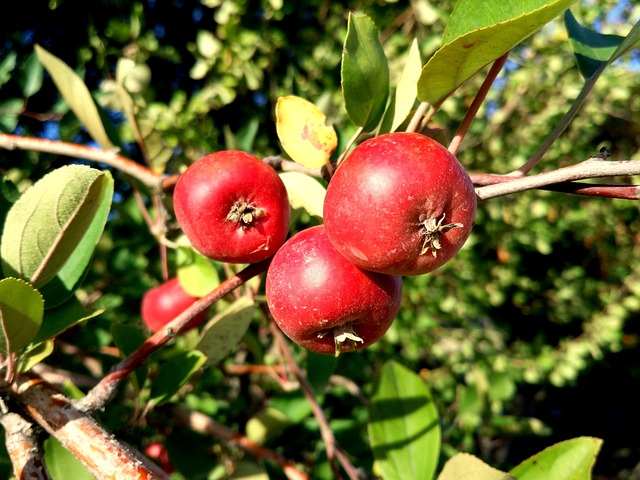the plural of dice 💰 The Plural of Dice: Understanding Linguistic Nuances and Cultural Significance

The Plural of Dice: Understanding Linguistic Nuances and Cultural Significancethe plural of dice

In the intricate tapestry of language, certain words encapsulate layers of meaning that extend beyond their immediate definitions. One such term is "dice," a word that not only has a rich history but also presents an interesting case in the realm of pluralization. While many might automatically reach for "dices" as the plural form, linguistic conventions dictate that the correct term is simply "dice," a fascinating aspect that opens windows to discussions on linguistic evolution, cultural practices, and even the psychology behind games of chance.the plural of dice
The origins of the word "dice" trace back to the Latin term "datum," meaning "something given or played." Over centuries, this word evolved through various languages, ultimately settling into the English lexicon as "die" for a single piece and "dice" for multiple. This duality presents an intriguing opportunity to explore how languages adapt and transform, influenced by cultural practices and social interactions.the plural of dice

In many societies, dice have served as a vessel of chance, a tool for games, and a medium for decision-making. The act of rolling dice can evoke feelings of excitement and anticipation, reflecting a deep-seated human fascination with luck and fortune. This compelling connection between language and culture illustrates how certain words carry not only their grammatical forms but also the weight of human experience, societal norms, and the shared joy of communal play.
As we delve deeper, it becomes clear that the pluralization of "dice" is emblematic of broader linguistic trends. In English, numerous words have shifted in their plural forms, often reflecting the language's dynamic and evolving nature. For instance, the transition from "cactus" to "cacti" or "fungus" to "fungi" showcases how English has borrowed intricacies from Latin, yet "dice" remains steadfast in its simplicity. This consistency invites speakers into a space of familiarity, where the rules of language become a shared understanding rather than a complex puzzle to unravel.the plural of dice
Moreover, the cultural significance of dice transcends mere gameplay. In many cultures, throwing dice has been an important ritual, used in decision-making processes from ancient civilizations to modern-day practices. Whether in board games, gambling, or team-building exercises, dice have carved out a niche that encourages social interaction and camaraderie. Their presence in both casual and formal settings highlights the importance of shared experiences, where the outcome of a roll can unite people in laughter, competition, or even collective contemplation.the plural of dice
The optimism surrounding the plural of "dice" extends to the educational realm as well. Language learners often grapple with the nuances of plural forms, and understanding the pluralization of "dice" serves as an excellent example of how language can challenge yet inspire curiosity. Educators can utilize this opportunity to foster discussions about the history of words, their meanings, and the cultural contexts that shape them. By embracing such linguistic intricacies, learners can develop a deeper appreciation for the language they are acquiring.
Furthermore, the pluralization of "dice" can serve as a metaphor for the unpredictability of life itself. Just as one cannot predict the outcome of a roll, the journey through language, culture, and personal experiences is often filled with surprises. This unpredictability fosters resilience, encouraging individuals to embrace uncertainty and find joy in the unexpected. In a world that can sometimes feel overwhelming, the act of rolling dice can symbolize the hope that lies in taking chances, making choices, and celebrating the outcomes, regardless of their nature.the plural of dice
In conclusion, the plural of dice is more than a mere grammatical detail; it is a reflection of the interplay between language, culture, and human experience. By recognizing the significance of this simple word, we can appreciate the depth of linguistic evolution and the joy that comes from shared activities. As we continue to navigate the complexities of language, let us embrace the optimism that comes from understanding the nuances of our communication, celebrating the connections we forge through words, and cherishing the moments of chance that dice symbolize. In every roll, there exists an opportunity for growth, connection, and the thrill of the unknown—a reminder that language, like life, is a delightful game of chance.
Fale conosco. Envie dúvidas, críticas ou sugestões para a nossa equipe através dos contatos abaixo:
Telefone: 0086-10-8805-0795
Email: portuguese@9099.com


